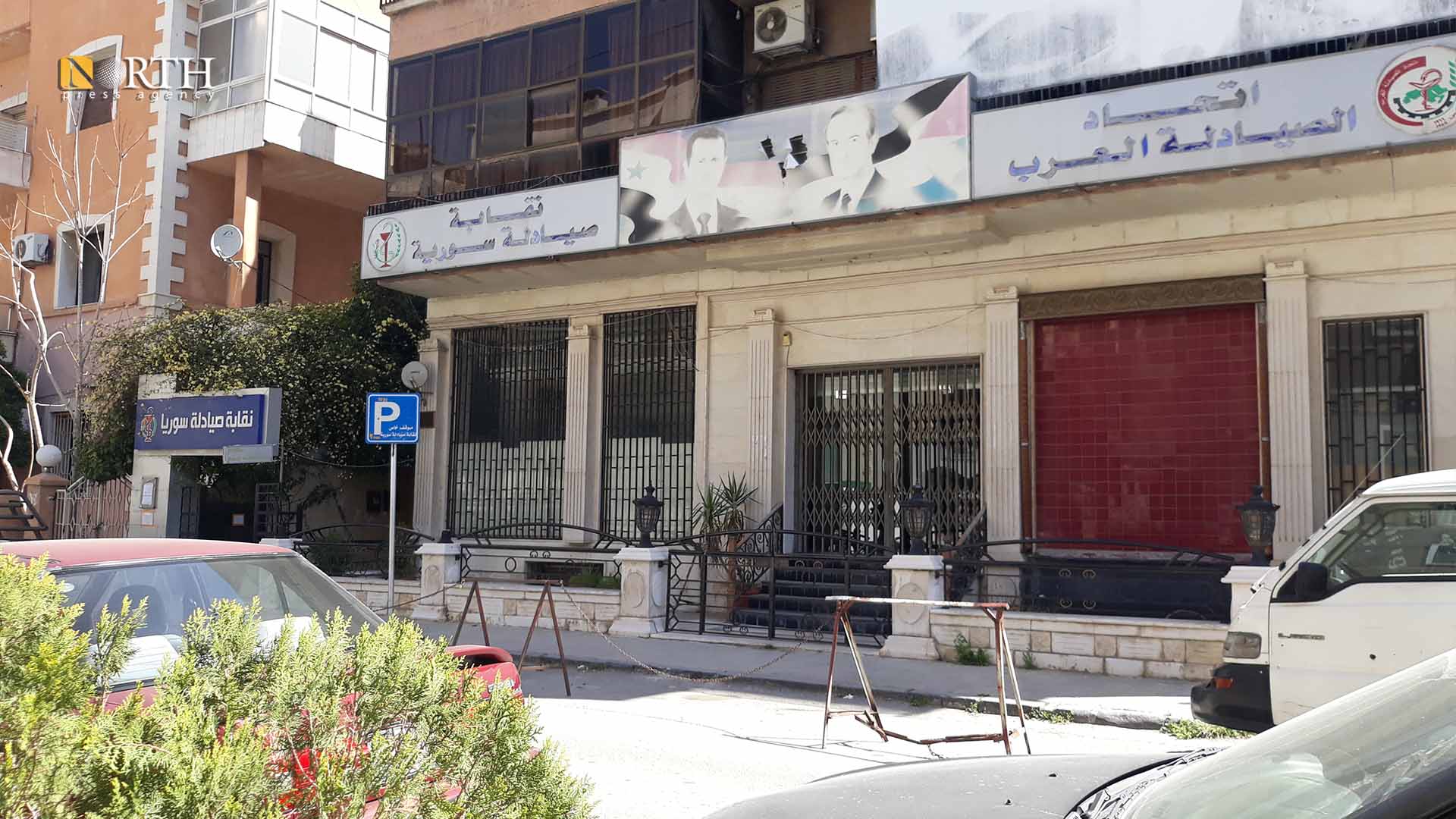DAMASCUS, Syria (North Press) – Many pharmaceutical companies in Damascus and its countryside present money and gifts to doctors in return for their commitment to promoting their products.
This policy increases companies’ sales and profits, according to doctors in Damascus.
In 2020, pharmaceutical companies nearly shut down due to the devaluation of the Syrian currency and difficulties in importing basic materials, which sparked fears among the residents of a drug crisis that could sweep the country.
Shameless
Qatr al-Nada Abid (a pseudonym), a pharmaceutical sales representative living in al-Jisr al-Abyad in central Damascus, told North Press, “it became easy; now I give sums and gifts periodically to doctors without much trouble or shame.”
“At the beginning of the work, I faced difficulties in accepting the idea and implementing the supervisor’s instructions about the necessity of agreeing with the doctors to ensure the sale of products,” she added.
Abid saw doctors asking the company to pay sums to promote its products, and “I could never have imagined that the noble profession of medicine would turn into a business.”
Nadir Yousef (a pseudonym), a pharmaceutical sales rep, told North Press, “When I started to work, I went out with my supervisor during the training period; he introduced me to many doctors dealing with the company.”
“At the beginning, I could not believe what my colleagues said, and I thought that this is limited to individual cases of doctors who receive few patients,” he added.
However, he was surprised by the huge number of doctors dealing with the company based on gifts and bribes in return for promoting their products.
“I am no longer a sales rep, I am bribes rep,” he pointed out.
Rasha Ayoub, a nurse working in a clinic and living in Bistan al-Dour neighborhood in Damascus, said, “Many pharmaceutical sales reps contact me in an attempt to find out what the doctor needs, to present it to him in exchange for promoting for their products.”
“A pharmaceutical sales rep gave me a present in order to provide her with the address of the doctor, his phone number, and his wife’s number, to contact him and give him a gift,” she added.
“After meeting the pharmaceutical sales rep, the company sent the doctor’s wife a new mobile phone,” according to the nurse.
“The doctor started to write the drugs of that company on the prescription for the patients,” she referred.
Satisfying companies
“Everyone thinks that doctor’s situation differs from rest of the people and that he is not affected by the current situation, but it is not true,” dermatologist Ahmed al-Maqt told North Press.
“We are forced to accept what the pharmaceutical companies pay in exchange for our commitment to promote their products. Most of the residents stopped visiting doctors; they resort to pharmacists to obtain medicine,” he added.
“The medicines that we prescribe to patients were licensed by the Ministry of Health, and cause no harm,” he pointed out.
However, pharmacist Maya al-Hamwi said that doctors will often write unnecessary prescriptions. Initially, she asked doctors to confirm that they wanted to prescribe all the medications listed or if they were satisfied with one type, and “they stressed all of the types.”
“I advised many patients that there is no need to take all the types and to be satisfied with one type, as they have the same effect,” she added.
Bribe or closure
Majd al-Ali (a pseudonym), a pharmaceutical company owner living in Kafar Sousah neighborhood, told North Press, “the company is forced to do this, or it will be closed, as it will suffer loss.”
“Our products are safe and licensed by the Ministry of Health, which means they will cause the user no harm,” he added.
“The increase of basic materials’ prices and government’s fake promises to set prices for medicines forced them to resort to such choices,” he pointed out.
The government’s policies regarding exports and their ban on transactions in US dollars also hinders the companies’ ability to export.
Al-Ali added that “stopping the policy of presenting gifts to doctors means that the companies will stop work and shut down, not to mention the loss of income for hundreds of workers.”

